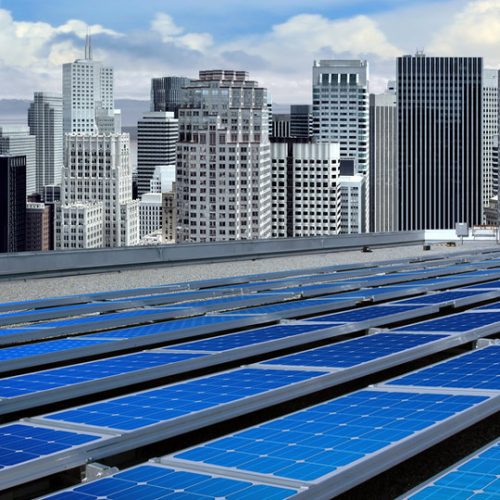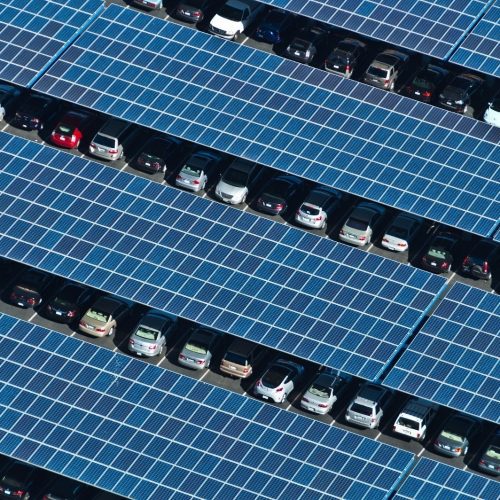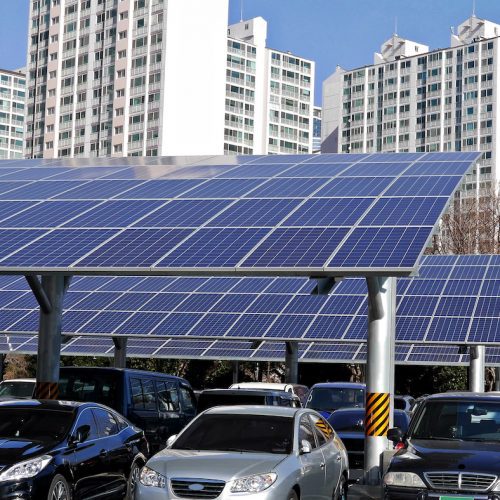Vote No on AB 942: Defend Rooftop Solar Affordability
Redwood Energy reports on Clean Coalition’s expert commentary, warning that AB 942 threatens rooftop solar affordability and undermines the clean‑energy transition
Read article
In California, the front-of-meter (FOM) market, also known as wholesale distributed generation (WDG), is woefully underserved — in part because the full value and benefits of FOM/WDG projects are not recognized and compensated in procurement processes. The Clean Coalition is working to fix this significant market gap.

A crucial market segment
FOM/WDG refers to distributed energy generation, often commercial-scale solar, that interconnects to the distribution grid in front of the customer meter and serves local loads while avoiding any use of the transmission grid. Rather than serving one customer, these systems can serve an entire community, while avoiding the expensive, inefficient transmission lines required by remote power generation.

FOM/WDG provides communities these benefits and more:
FOM/WDG procurement and deployment is unleashed through:

The latest in clean local energy
Learn about our innovative projects and initiatives on our blog, and see what others are reporting about our important work.
Redwood Energy reports on Clean Coalition’s expert commentary, warning that AB 942 threatens rooftop solar affordability and undermines the clean‑energy transition
Read articleThis Clean Coalition hosted webinar took place on 27 June 2025 at 10:00 AM PST.
Read MoreThis blog post highlights the RGL Community Microgrid, which will provide clean energy and resilience to a disadvantaged community (DAC), utilize master metering, and serve as a critical model for future multi-unit housing (MUH) projects and master metering policies.
Read More